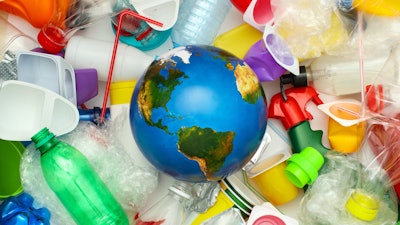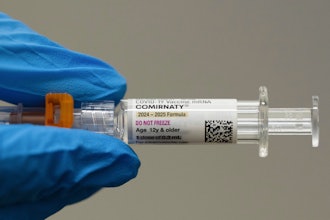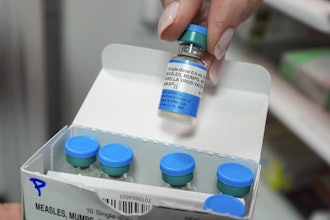
Did you know that over 300 million tons of plastic are produced annually? Sadly, half of that is single-use plastic, and around eight million tons of it end up in our oceans each year. Plastic is undeniably a significant part of everyone’s daily lives, but it's also a major environmental issue.
Manufacturers like you can play a crucial role in reducing plastic waste. Apart from practicing the 3R's principle, which is to reduce, reuse, and recycle, there are many things you can and should do to leave a better planet for upcoming generations. So, let’s dive in!
How Do Manufacturing Companies Impact Sustainability?
It's becoming more and more common for industries to require recycled materials, even in the manufacturing world. But there's a problem: while informal waste pickers are usually on the lookout for high-value recyclable materials like PET plastic bottles, they usually ignore low-value plastics that can't be recycled. This creates a huge amount of pollution in oceans and negatively affects coastal communities.
The issue is compounded by the fact that nobody really wants this low-value plastic, so it's often referred to as "orphan plastic.” It's essential to think about the entire lifecycle of a product, from extraction to disposal, if you want to truly understand its environmental impact. When you do this, you'll quickly realize that even a single manufacturing company can have a massive impact on the environment.
Does Plastic Recycling Help?
Do you know only nine percent of plastic is currently recycled? You need to take more drastic steps to make a real impact. Focusing on plastic sustainability alone won't be enough to solve the problem, and you need to move away from comparing virgin and recycled plastic. Instead, you must make the tough decision to either use materials that harm the environment or opt for sustainable packaging that addresses the root cause of the issue. The best way to tackle this crisis is to reduce plastic and packaging as much as possible.
Here are the 6 most effective plastic waste reduction tips for manufacturers:
1. Reduce Packaging. You can switch to metal containers or gallon drums instead of spending a fortune on cardboard and plastic. Secondly, find containers that match the size and shape of your products to reduce movement during transit. This will eliminate the need for filler and simplify the packaging process. Lastly, use bulk packaging whenever possible to minimize waste. Combining orders into the same container is a great way to reduce your footprint.
2. Apply International Standards. It’s important for manufacturing plants to operate according to international standards. These may include managing solid waste, implementing eco-friendly operations, following plastic waste management strategies, meeting government quality standards, and working under the sustainability framework. To ensure that everything is on track, a sustainability manager should be appointed.
3. Hold Plastic Audits. Conducting regular plastic audits is one of the sure ways manufacturers can reduce plastic waste. This can give you an idea of how much plastic waste you generate as a company. By identifying the sources of single-use plastic that are irrelevant, you can take steps to eliminate them and prevent the harmful effects of plastic pollution. It’s advisable to consider environmental and social policies while conducting this audit.
4. Utilize Waste Management Equipment. If you want to manage plastic waste effectively and keep it from polluting the environment, using waste management equipment is the key. Technologically advanced equipment like plastic shredders, balers, garbage compactors and trash cutes can efficiently process plastic waste. This makes it easier to recycle or dispose of the waste properly. These machines can handle all kinds of plastic waste. They are beneficial for the environment and promote the recycling and reuse of plastic materials.
5. Waste Reduction & Use of Bioplastic. First off, it's vital to collect, transfer, process, recycle, and dispose of waste in a responsible way. Good inventory management and reducing plastic waste also go a long way. Another strategy that's gaining popularity is using bioplastic. It is made from things like vegetable fats, straws, agricultural by-products, wood chips, and corn starch. There are several types of bioplastics, including protein-based, starch-based, cellulose-based, and fossil fuel-based plastics.
6. Utilize Minimum Waste Generation Technology. The plastic industry is benefiting from innovative methodologies and advanced technologies. If you are a business owner in this industry, it's crucial to prioritize using the latest machinery that reduces plastic waste production. Opt for equipment that creates maximum plastic parts with minimal leftover scraps. One prevalent technology that achieves this is 3D printing. Amazingly little waste is produced during plastic manufacturing when you use 3D printing.
The manufacturing industry is constantly evolving with the introduction of new technology and trends. However, there's one thing that never goes out of style - sustainability. So, to keep your company on the right side of history, it's crucial to start improving your business model today. So, what are you waiting for? Let's make all possible efforts to reduce plastic waste and positively impact the environment!
Erich Lawson is the online marketing manger for Compactor Management Company.






















